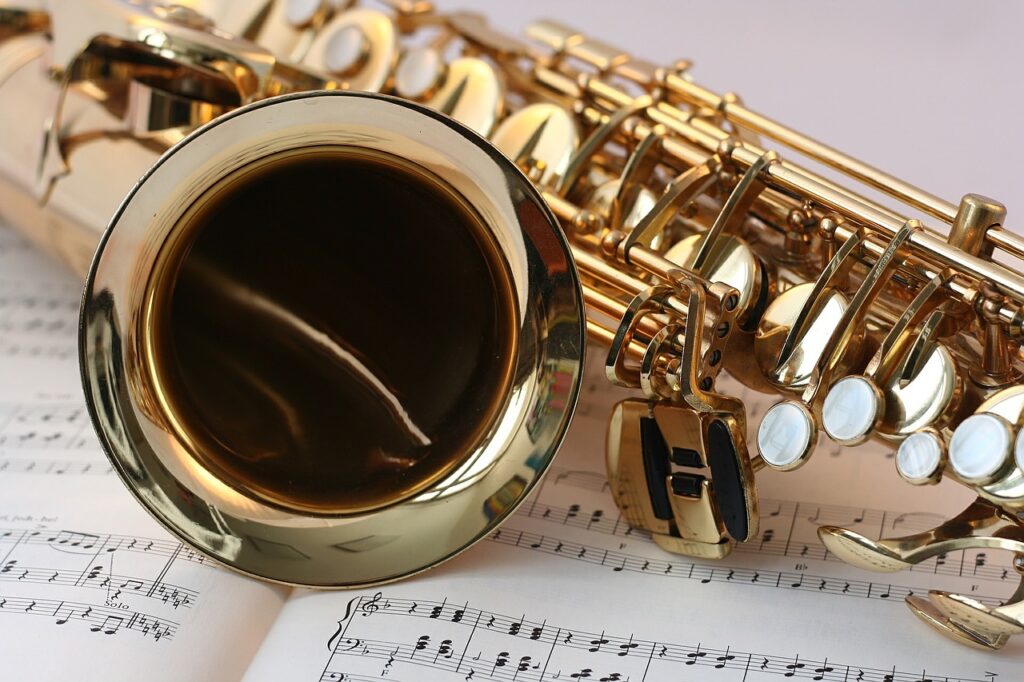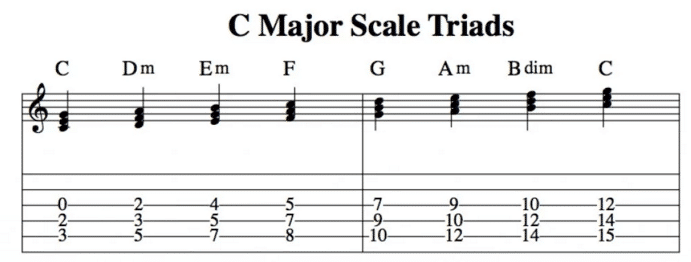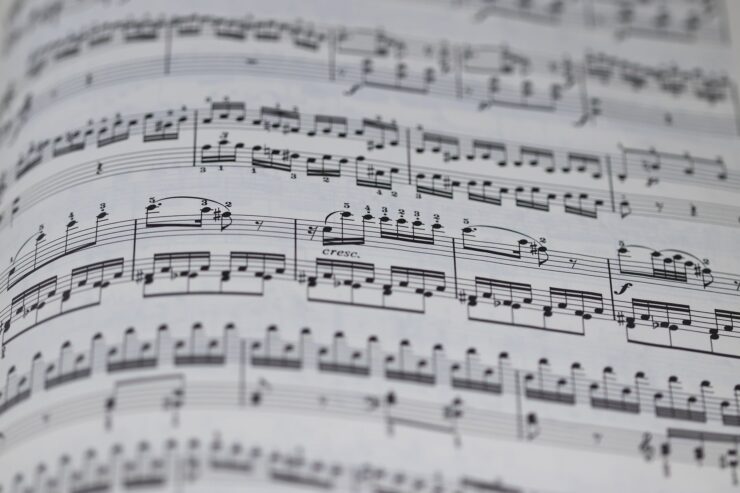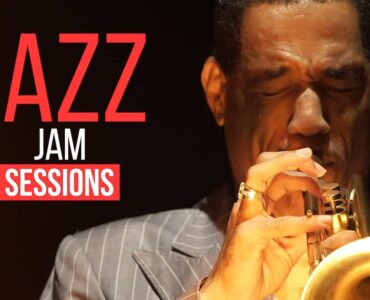Just how much music theory you need to know will vary from musician to musician, and can sometimes be a contentious subject. Although perhaps the simplest answer should be “the more the better”, many “hobby” musicians will be content learning their favourite songs and playing along to things at home, without getting into the real mechanics of music theory.
However, if you’re looking to expand your proficiency on your instrument, jam with others, or become a working professional, it will almost certainly be worth improving your theory.
Everyone gets into playing an instrument for a different reason. For some people, it is simply a very valid escape from the stress of everyday life.
For others, it is a brand new career in an exciting industry. Which areas of music theory will be most applicable to you will differ, depending on your goals as a musician.
Exactly how much music theory do you need to know to be able to become a successful musician?
For lots of musicians, this will probably begin with a conversation about what “successful” means to them, but if we begin with the premise that becoming a better player is probably everyones goal, some people will suggest that lots of famous musicians cannot read music and therefore it’s not that important.
Excuses are rife, such as “The Beatles could never read music” or the even worse “music theory harms your creativity”. Unfortunately, it’s just not that straight forward.
In the real world, when a professional musician is competing with others to get well paid gigs (such as in theatre pit bands or session work) knowing how to read music and having an extended knowledge of music theory can put you leagues in front of others.
While it is true that some professional musicians forge successful careers without being able to read a note of score, they will usually still have a good working knowledge of music theory, and how it practically applies to their instrument.

Even a basic knowledge of theory will help you
We all know that learning an instrument takes time and patience. However, it’s important to remember that the learning process must not be a means to an end. When first understanding scales and modes, a knowledge of music theory will provide the facts behind what you are learning. A comprehensive understanding of why the notes fit together in the way they do will undoubtedly enhance musical ability.
Woodwind teacher, Mike Hopkins said:
Knowing music theory is absolutely essential. I am currently playing a show which requires parts to be transposed down a minor third. Knowledge of advanced theory should be included in musical training
Sight reading will get you more work
There are many careers within the music industry where a proficient ability of sight reading is essential.
These include playing in a theatre pit band, session musician and being a ‘dep’ for other bands with missing members.
The ability to read music immediately without having to practice the piece is a skill that will undoubtedly give put skilled musicians ahead of other players.
Leicester musician, Beren Stapleton, suggests that knowing theory will help you communicate better with other musicians:
Knowing note, key and scales is without doubt a tool set that a pro musician cannot work without. Like a language, the better you speak it the more the conversation flows.
Beren Stapleton
5 ways to improve your practical music theory
Learn some basic scales
If you’re just beginning your journey into the world of music theory, a great way to start is by learning where the notes are on your instrument, and how they relate to one another.
The major scale is usually the best place to start. A major scale is made up of 7 notes, with the following semitone intervals between them: 2,2,1,2,2,2,1.
For example, if you were playing a semitone on the guitar, it would involve moving your fretting hand one fret up the neck, towards the body.
For two semitones, you would move it up by two frets. The major scale is explained well in this video on the piano.
The key of C is usually considered the simplest place to start when learning a scale, as the way it’s intervals fall mean that it has no flats or sharps.

Different scales involve different sets of intervals between the notes. Some other great scales to learn include the natural minor, minor and major pentatonic and the blues scale.
Top tip: Don’t forget that, as a singer, you an still learn scales as well. Learning to sing particular scales will help you become more versatile as a singer and turn your hand to new styles more easily.
Learn the basics of chord construction
Most musicians will learn the chords to their favourite songs, but learning about what notes form those chords will enable you to understand all sorts of concepts, from what scales will work best when soloing or improvising, to writing interesting bass lines.
Though written from a guitarists perspective, this lesson from Cyberfret gives simple, clear introduction to the world of chord construction.

Learn how to transpose
If you’re a more advanced player, looking for a very applicable skill for real life musical situations, learning how to transpose a song from one key to another is a skill most professional musicians will use everyday.
The most obvious example of this would be a band leader picking a song in a key that is not good for the singer; if they still want to perform it, they may be better off playing it in a key that the singer is more comfortable with.
Everyone has a different method for transposing songs quickly, from using the intervals to identify the new chord sequence on the instrument in front of you, to turning it into a strictly mental process.
A great place to start when learning how to transpose is by learning the harmonised major scale.
This, at its simplest, is the chords that are associated with the notes of the major scale, in the key you are playing in.
For the major scale (in its simplest triad form), this follows the pattern of major, minor, minor, major, major, minor, diminished. For example, in C major, it would look like this:

Once you learn the simplest version of the harmonised scale for each key, it can help you identify the patterns in chord sequences, making transposition much easier.
The “Nashville number system” was developed as a way of making transposition easier, by referring to chords as simply numbers within their key.
Learn simple rhythmic notation
Learning some basics of notation, like the rhythmic note values, can help musicians transcribe a piece, as well as being able to communicate effectively with other musicians in rehearsals.
Learn from music that is outside of your usual taste
Many musicians learn an instrument with the intention of mastering just one style of playing.
A knowledge of music theory will not only allow musicians to understand the principles behind the notes they are playing, but also encourage a player to familiarise themselves with other genres of music, thereby improving their skills and employability.
If you’re coming along well with your music theory, then looking into other styles of music and how they utilise theory is a great idea.
For example, jazz is an excellent musical style for learning about improvisation, and classical musicians will be excellent at reading scores.
By learning the pieces and approaches from styles of music like this, you can become a much more well-rounded player.
Have you found that your knowledge has helped or hindered your career? Do you think music theory is important to musicians in the 21st century? What skills have you found useful? Join in the debate in the comments below!




















